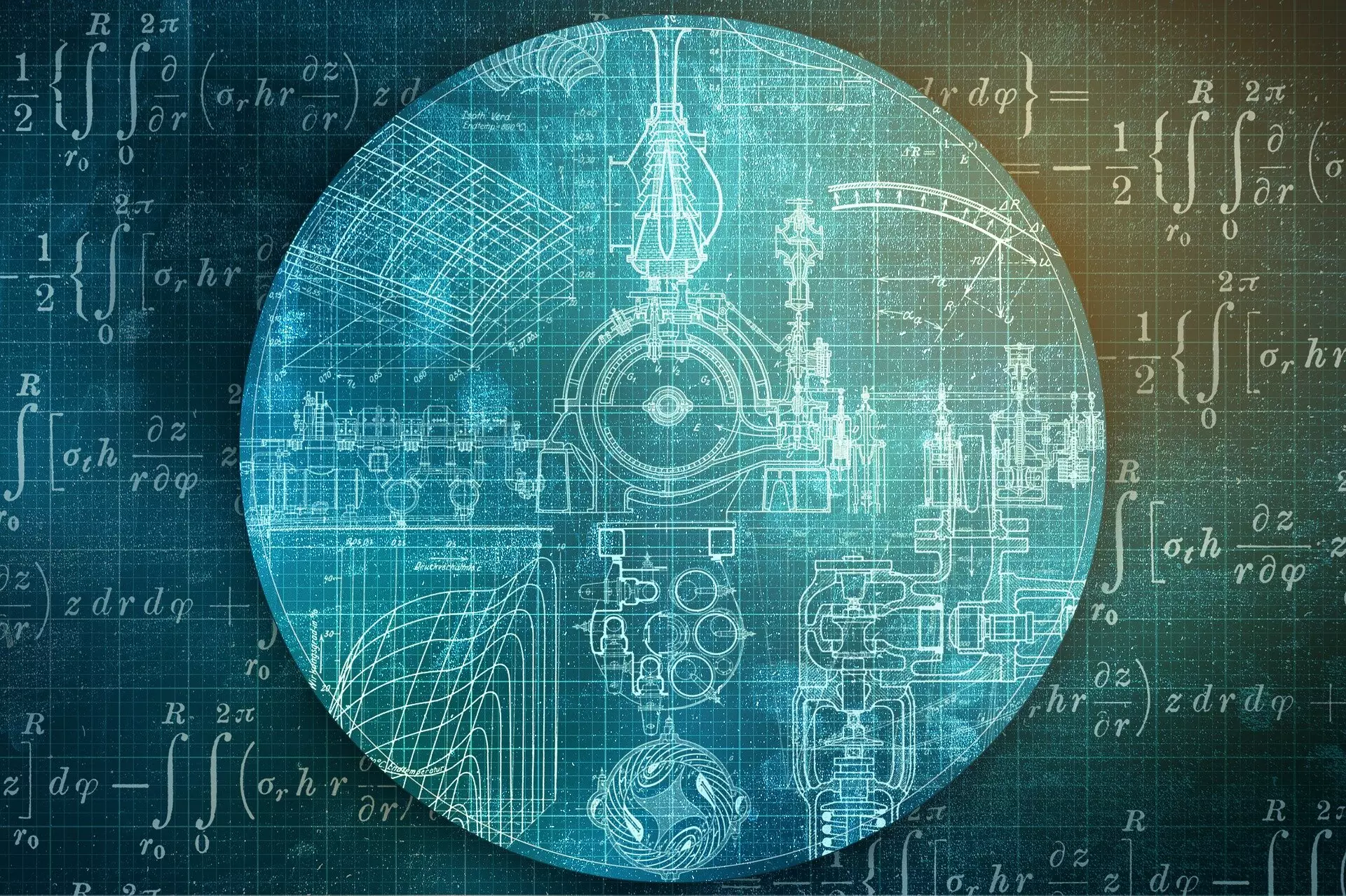Artificial intelligence (AI) has seen significant advancements in generative models, which are machine-learning algorithms that learn patterns from data sets to generate new, similar data. Generative models play a crucial role in various applications such as image and video generation, music composition, and language modeling. However, the lack of a solid theoretical foundation hinders the development and use of these models.
The Study by Florent Krzakala and Lenka Zdeborová
A team of scientists led by Florent Krzakala and Lenka Zdeborová at EPFL conducted a study to investigate the efficiency of modern neural network-based generative models. Published in PNAS, the study compared contemporary methods with traditional sampling techniques, focusing on probability distributions related to spin glasses and statistical inference problems. The researchers explored different types of generative models, including flow-based models, diffusion-based models, and generative autoregressive neural networks.
The researchers used a theoretical framework to analyze how well the generative models could sample from known probability distributions. By mapping the sampling process to a Bayes optimal denoising problem, they compared the data generation capabilities of neural network methods to the process of removing noise from information. Drawing inspiration from the world of spin glasses, the scientists were able to delve into the complex landscapes of data and understand how generative models navigate these intricate patterns.
The study compared the performance of neural network-based generative models with traditional algorithms like Monte Carlo Markov Chains and Langevin Dynamics. While the research identified areas where traditional methods outperformed modern approaches, it also highlighted situations where neural network-based models showed superior efficiency. This nuanced understanding sheds light on the strengths and limitations of both traditional and contemporary sampling methods.
Challenges Faced by Diffusion-Based Methods
The study revealed that modern diffusion-based methods could encounter challenges in sampling due to first-order phase transitions in the denoising path of the algorithm. These transitions can lead to sudden changes in how noise is removed from the data, impacting the overall performance of the generative model. Despite these challenges, the research provides valuable insights for developing more robust and efficient generative models in AI.
Implications for Future Research
By offering a clearer theoretical foundation, the study serves as a guide for developing next-generation neural networks capable of handling complex data generation tasks with unprecedented efficiency and accuracy. Understanding the capabilities and limitations of generative models is essential for advancing the field of artificial intelligence and harnessing the full potential of machine learning technologies.


Leave a Reply